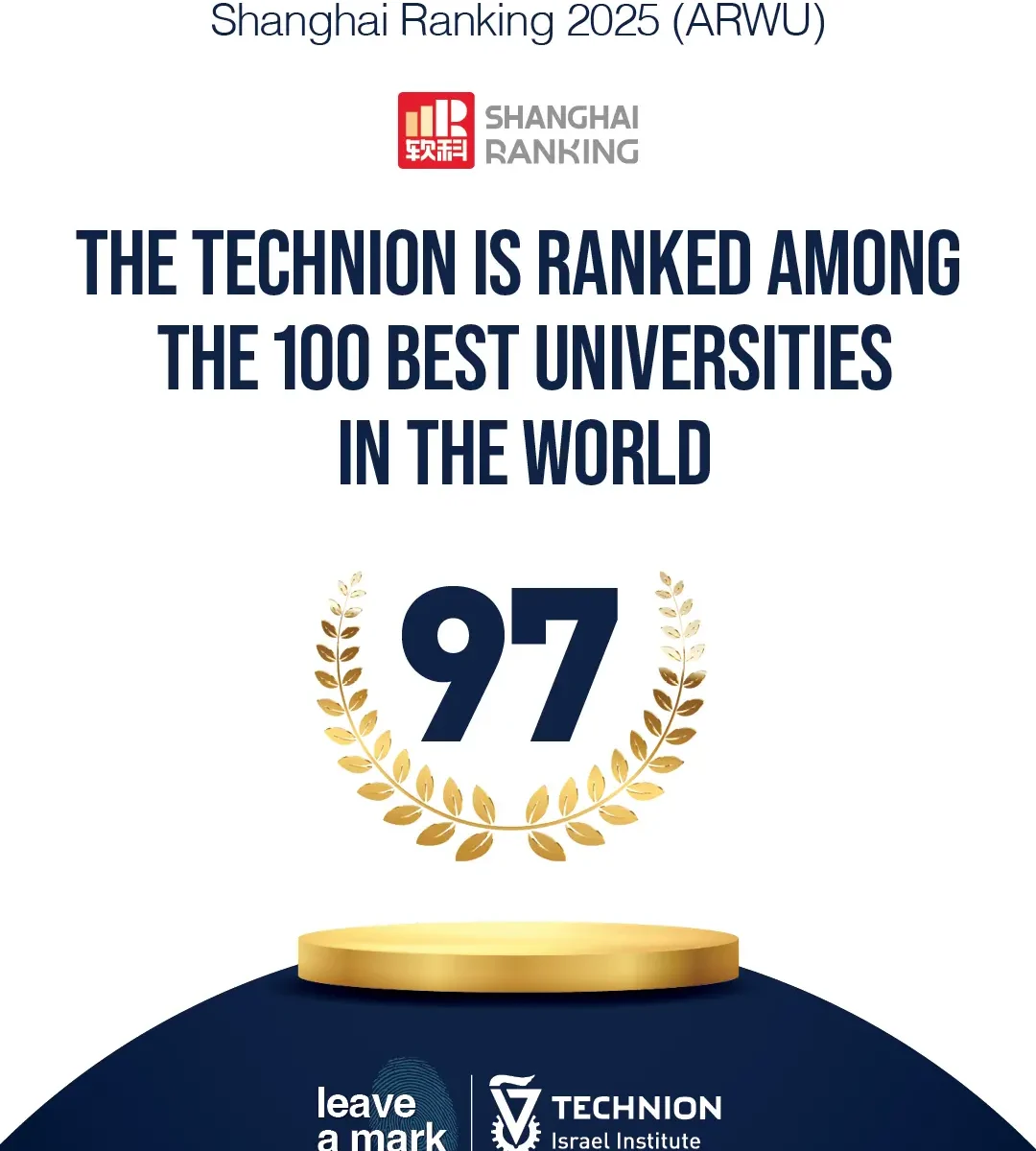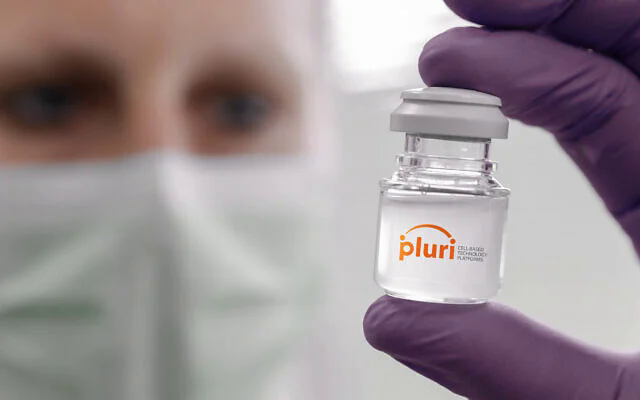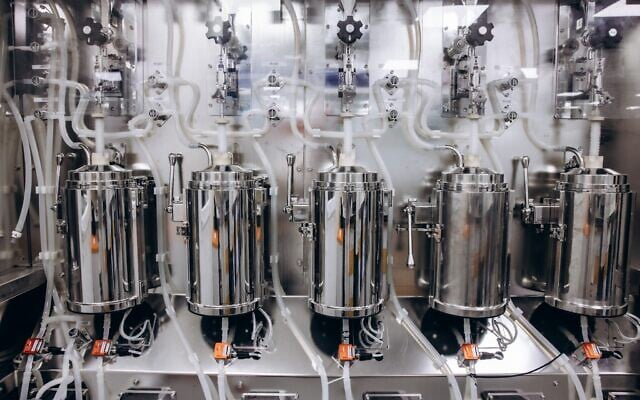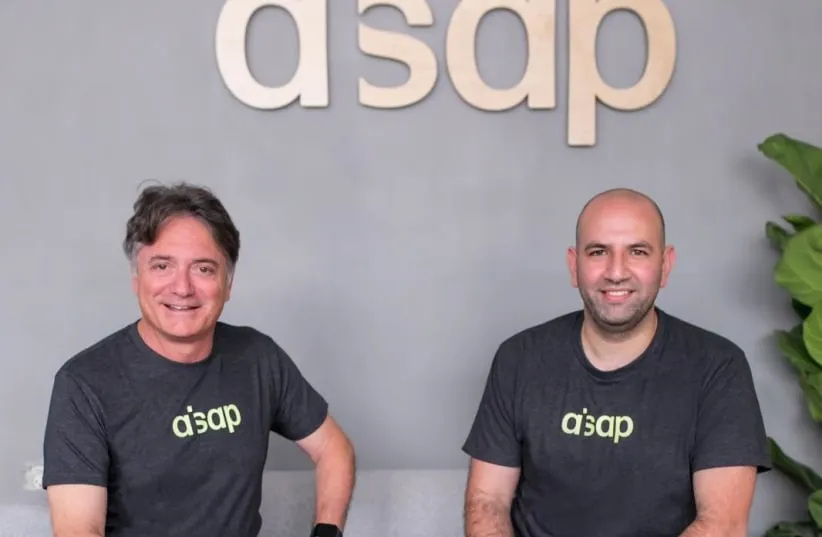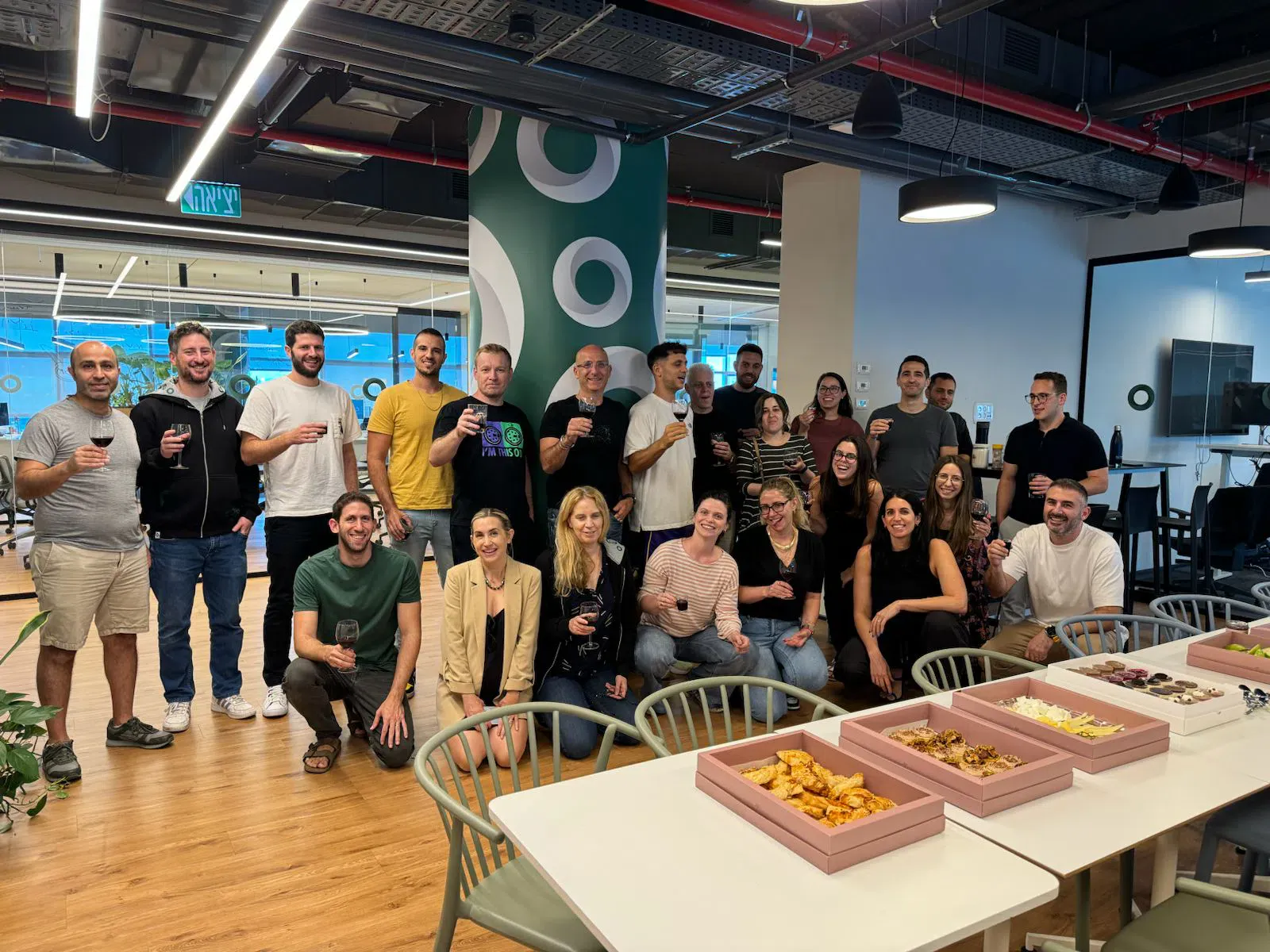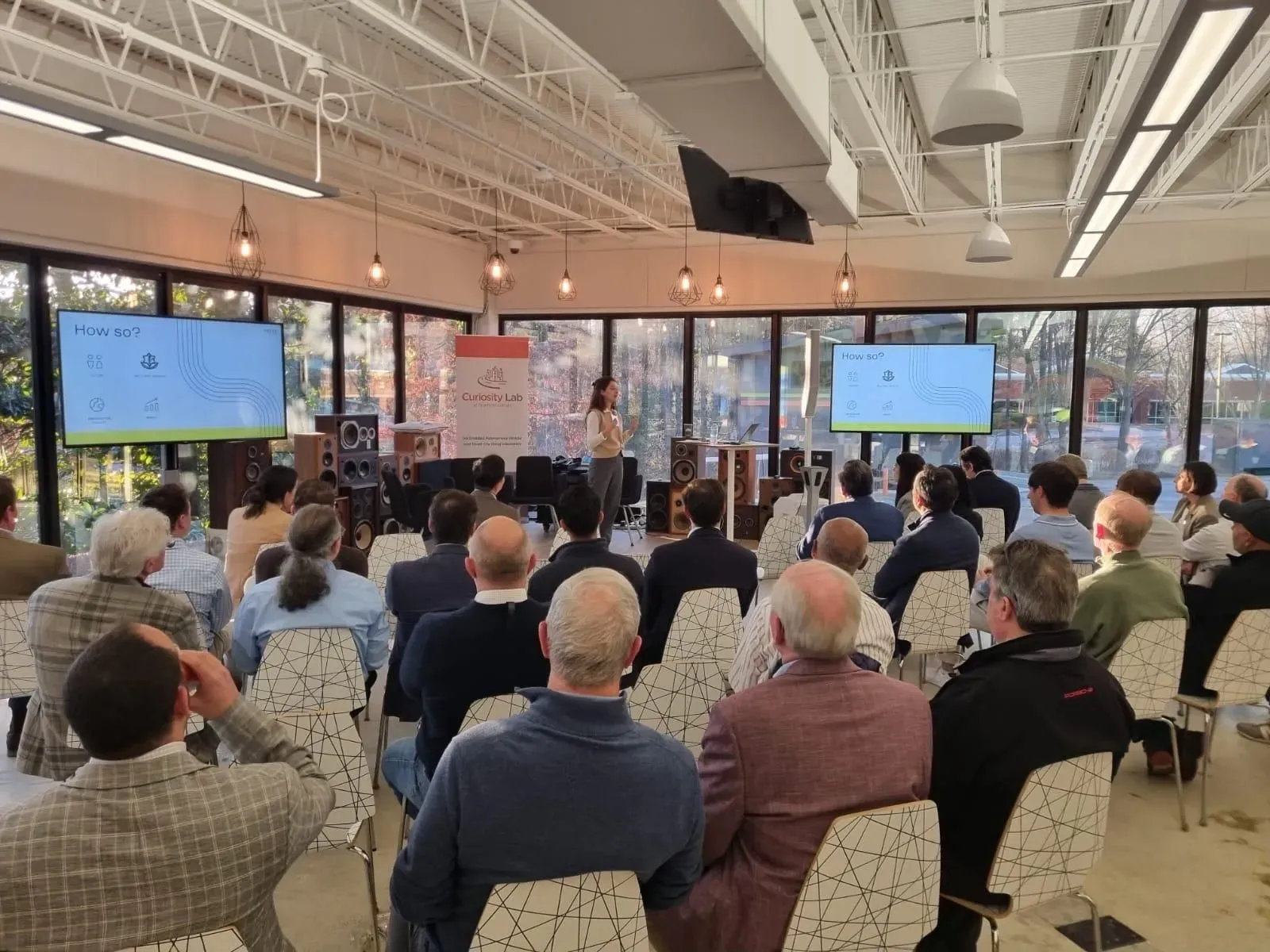Israel’s oldest university is playing an integral role in tearing down walls between academia and business, helping the so-called “Startup Nation” better compete in future-facing industries at a time of rapid technological change.
Technion — Israel Institute of Technology was founded in 1924, 24 years before the establishment of Israel, on the idea that if a Jewish state were to come into existence, it would first need technical expertise to develop the country.
Most of Israel’s railroads, highways and bridges were designed and built by Technion grads, along with its advanced telecom infrastructure, desalination plants and electrical grid. Chip design, aerospace engineering and optoelectronics all have a home in the university, which awards about 30 percent of all Israel’s engineering undergraduate degrees and half of its Ph.Ds. Pioneering work in micro-electronics started at the Technion, and innovations like the Iron Dome air-defense system were developed by alumni.
“The impact is really unparalleled,” said Uri Sivan, president of the Technion, during a visit to Atlanta along with startups from Drive TLV, a mobility incubator in Tel Aviv.
But that competitive edge is at risk for all universities that keep their inventions locked in ivory towers and fail to keep up with the adapting needs of companies.
“I believe that universities … need to reposition themselves, or in a sense they’re going to become somewhat irrelevant,” he told a group of entrepreneurs and corporate development executives during a keynote at Curiosity Lab in Peachtree Corners.
He pointed to a fundamental shift taking place at the nexus between education and practice. This “changing interface” requires educators to be nimble and open to new modes of collaboration, said Dr. Sivan, an expert in physics and nanotechnology.
“When I studied 40 years ago there was a clear dividing line — basic research done at the university and applied research in industry; academic degree at the university, training in industry. This line is completely blurring,” Dr. Sivan said.
This started in computer science with companies like Google and Microsoft, but it’s happening today in a wider variety of fields like AI and quantum computing, where companies are often the ones driving primary research forward.
Universities, for their part, are also working more intently on how their research can address real-world problems. The Technion spins out about 15 companies per year, and the university has learned to embrace commercialization while remaining committed to its primary role of education, Dr. Sivan said.
As spinoffs increase by a factor of three to five per year, the question has become how to keep faculty engaged while also enabling them to explore ways to capitalize on their research. The university already allows faculty to consult one day a week for companies and take leaves of absence of up to four years.
“Very few don’t come back,” he said.
He pointed to the Dyson Institute in England as a new model for integrating work and study.
While it’s accredited to grant engineering degrees, students also spend much of their time working directly for the vacuum and electronics innovator.
“Students don’t pay tuition — zero tuition. They spend half the week in the company hub, doing research … and they get a salary. So you can see that this is a disruptive event for academia.”
One solution for the Technion has been to invite innovators on-campus to create an optimal blend of theory and practice. PTC, a Boston-based software company that helps manufacturers simulate not only the physical design of their parts but also their thermal and electronic properties.
“They moved a body of about 100 researchers moved into our campus, and they’re completely integrated now into our academic system. So their researchers take part in teaching, they take part in mentoring students, mentoring graduate students, and they actually built some research facilities that are now available to all researchers on campus,” Dr. Sivan said.
The approach echoes that of Georgia Tech, which has been a magnet for corporate innovation centers in Midtown’s Tech Square. Dr. Sivan had meetings at the university during his Atlanta trip, soaking in the atmosphere of a growing tech hub.
“There is an entrepreneurial spirit in the air. That’s where we would like to be,” he said.
Technion has also created a new academic position that serves as a reciprocal of the common practice of professors acting as consultants for industry.
With Research Associates From Industry, business leaders with knowhow in critical sectors spend a day or two per week in the university setting, working with students directly and integrating into research projects.
In a university with 600 faculty, some 60 associates have already joined, including Intel chip designers that are providing greater depth to existing courses. Meanwhile, they gain access to students and cutting-edge knowledge.
“They’re exposed to research which is more blue-sky than what they do in their companies,” Dr. Sivan said.
Capitalizing on Constraints
Israel is not new to seeding the links between researchers and entrepreneurs. The Israel Innovation Authority has long funded such initiatives, and in 1977, the country worked with the U.S. to establish the BIRD Foundation to underwrite joint innovation between U.S. and Israeli companies. The effort has led to 16 joint projects involving Georgia firms as recently as 2021.
Dr. Sivan told Global Atlanta in an interview facilitated by the American Technion Society that Israel reached a “tipping point” in its innovation ecosystem years ago, in part because it has had to operate with constraints on funding and a small internal market that has force companies to look outward for growth and investment.
“You need necessity and you need constraints: If you have unlimited sums of money, and you don’t really have particular necessities, you don’t have to be creative,” he said. “Being a small country under constant stress from the outside, with limited resources and so on, I believe, drives people to innovation.”
Dr. Sivan said he would like to see the Technion deepen its institutional collaboration with Georgia Tech and added that he explored the idea during a meeting with his counterpart there, President Angel Cabrera.
His speech during the Drive TLV event was followed by a panel on 2035: Shaping the Next Decade of Mobility with representatives from Honda Innovations, Wheels LLC and 19Y Advisors. Atlanta-based Cox Automotive and Novelis are partners in Drive TLV.
Pitches followed from the latest (10th) batch of Drive TLV Fast Lane accelerator startups:
- Arbell Energy Ltd.
- Deontic
- dataspan.ai
- Monogoto
- NUGEN
- Whilx Technologies


